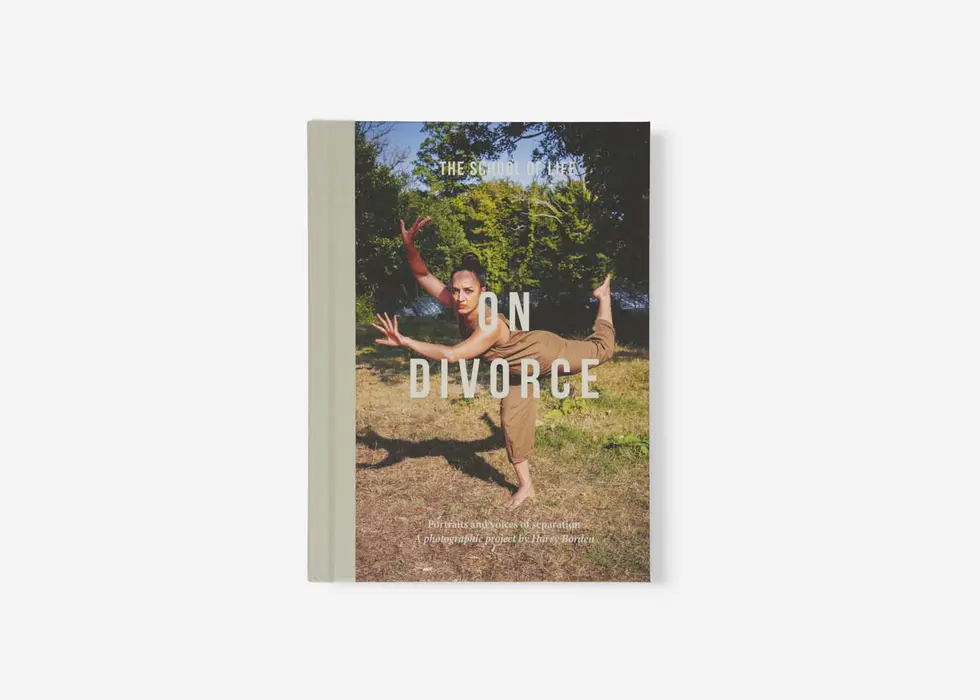Relationships • Breaking Up & Heartbreak
Why It Should Not Have to Last Forever…
It’s isn’t a criterion we are foolish enough apply to any other area of our lives. If we enjoy a book, we don’t expect that we’ll have to keep reading it ad infinitum. If we enjoy a joke, we don’t think we should be made to hear it again and again. We may dearly love a job, but we don’t for that matter believe that we’ll have to stay there till the end. We can adore a house, and still need – at a certain stage – to move elsewhere.
Yet this enlightened, commonsense acceptance of term limits seems not to penetrate the one area where its absence can prove especially lacerating: the romantic sphere. Here, pointlessly and needlessly, we labour under an invisible societal edict dictating that things must last until we expire or else cannot have had a jot of value to begin with.

There are couples who will part after twenty years of intimacy, richness and adventure and will be greeted by those they inform as if they had fallen victim to a murder or a botched surgical operation. There are people goaded to see ‘failure’ at the conclusion of forty years of often contented cohabitation.
We are encouraged to see disaster where none rightly exists; and to lament and question where no agonies or audits of the soul are deserved. It is in the nature of life to be made up of varied movements and journeys. We are allowed to delve into, yet one day take our leave from, films, nations, friends, foods – and yet somehow, never from love, as if all departures here were instantly to be equated with debacle or betrayal.
In a fairer world, we would pronounce every relationship a success by one measure alone: if it enabled two people to support and learn from one another in a predominant atmosphere of kindness, joy, tolerance and sympathy. It wouldn’t matter one bit if such a union lasted thirty years, two and a half months, six days or one long evening. It would by this fairer method of assessment be an undoubted triumph in every case.
We do ourselves and our partners a terrible injustice – and cry far more than we ever should – by failing to understand the legitimate limits of love and to honour the contribution of all those fascinating, kind and complicated beings who spent a portion of time in our lives and we in theirs. Till death do us part deserves to be recognised as among the most unwittingly cruel and emotionally untrue edicts in which humankind has ever chanced to imprison itself.

























